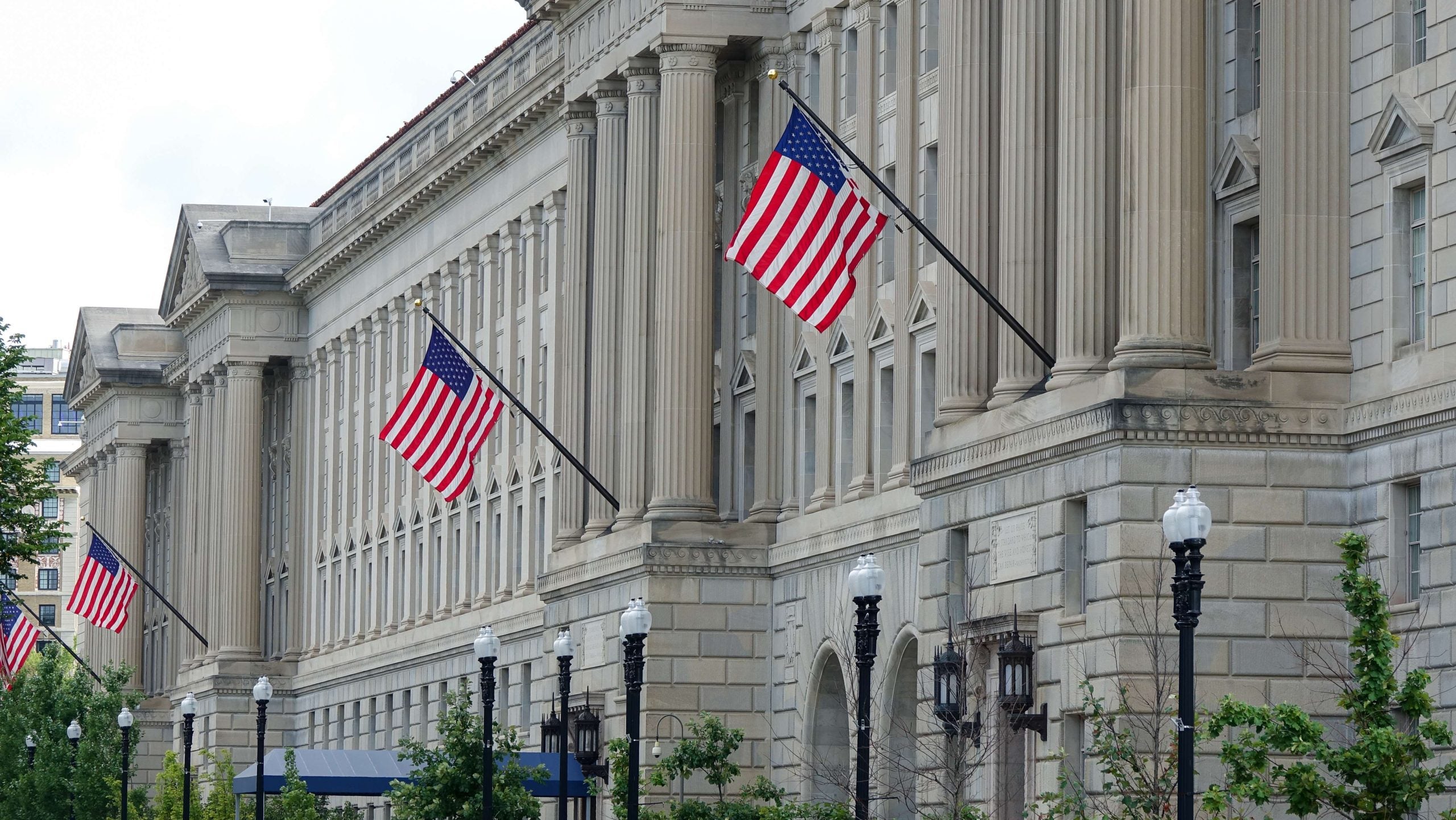
The US Commerce Department announced on Friday that it is issuing final rules to stop semiconductor manufacturing subsidies from being used by China and other countries deemed as a national security threat.
The regulations signal a final hurdle before US President Joe Biden’s “Chips and Science” Act can start offering $39bn in subsidies for the production of semiconductors.

Access deeper industry intelligence
Experience unmatched clarity with a single platform that combines unique data, AI, and human expertise.
The landmark law is offering $52.7bn for U.S. semiconductor production, research and development.
From its inception in March, the act has aimed to limit recipients of U.S. funding from investing in China and Russia.
Last year, the department announced export restrictions to prevent China from accessing semiconductor chips made with US equipment in an attempt to weaken Beijing’s AI advances.
The final rules prohibit material expansion of semiconductor manufacturing capacity for leading-edge and advanced facilities in foreign countries of concern for 10 years. It also clarifies wafer production is included in semiconductor manufacturing.

US Tariffs are shifting - will you react or anticipate?
Don’t let policy changes catch you off guard. Stay proactive with real-time data and expert analysis.
By GlobalDataThe new rules classify certain semiconductors as vital to issues of national security: quantum computing current-generation and mature-node chips, in radiation-intensive environments, and for other specialized military purposes.
Last month, Biden signed an executive order banning US investment into Chinese-owned or manufactured “sensitive technologies”.
The ban exemplifies this as “the development of more sophisticated weapons systems, the breaking of cryptographic codes, and other applications that could provide these countries with military advantages.”
In a statement, China’s Foreign Ministry spokesperson described China as deeply “dissatisfied” with the order.
Speaking on the reason behind the ban, they stated that the real motive was to “deprive” China of its right to develop its own technology industry under the “guise of national security.”
China believes the ban not only seriously disrupts principles of market economy, but also reveals the US’ “naked economic coercion and technological bullying.”







